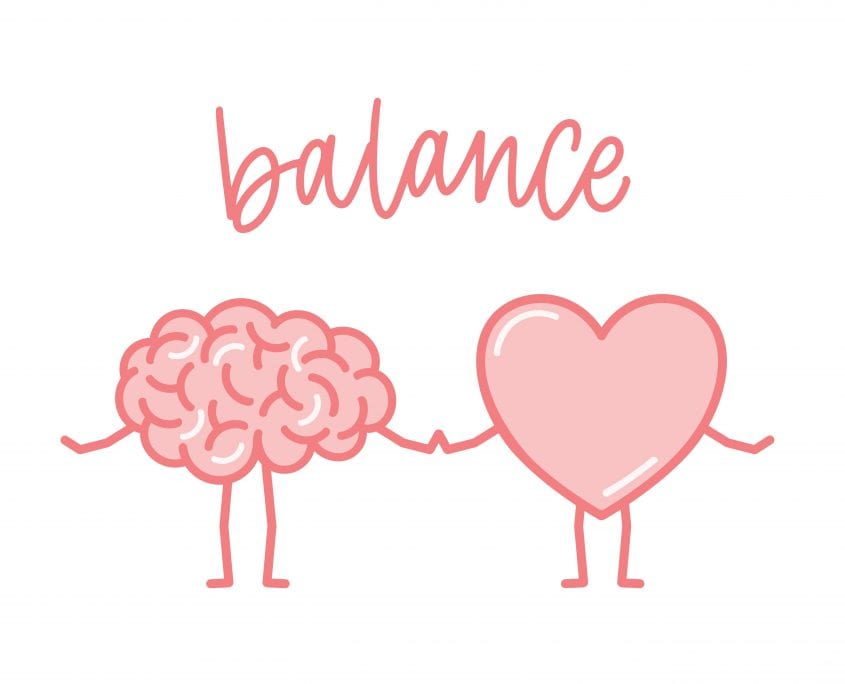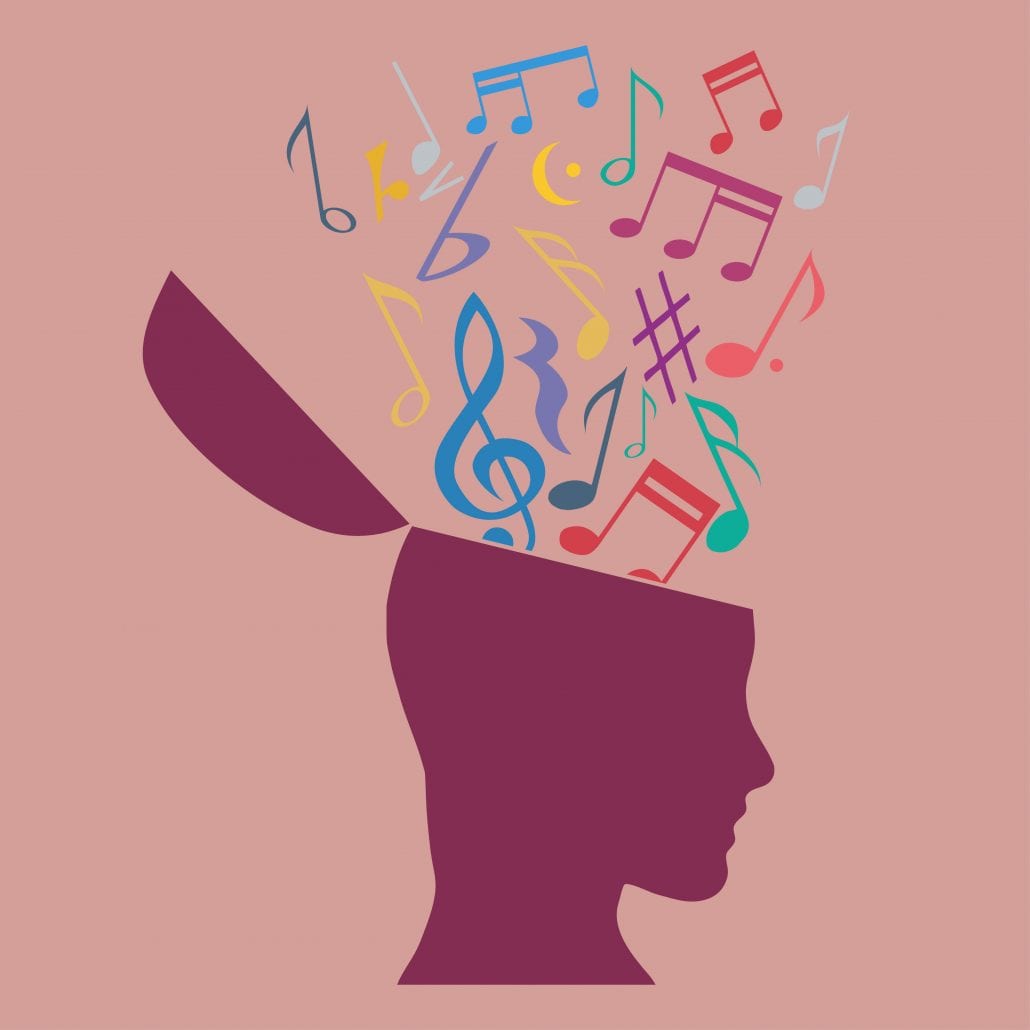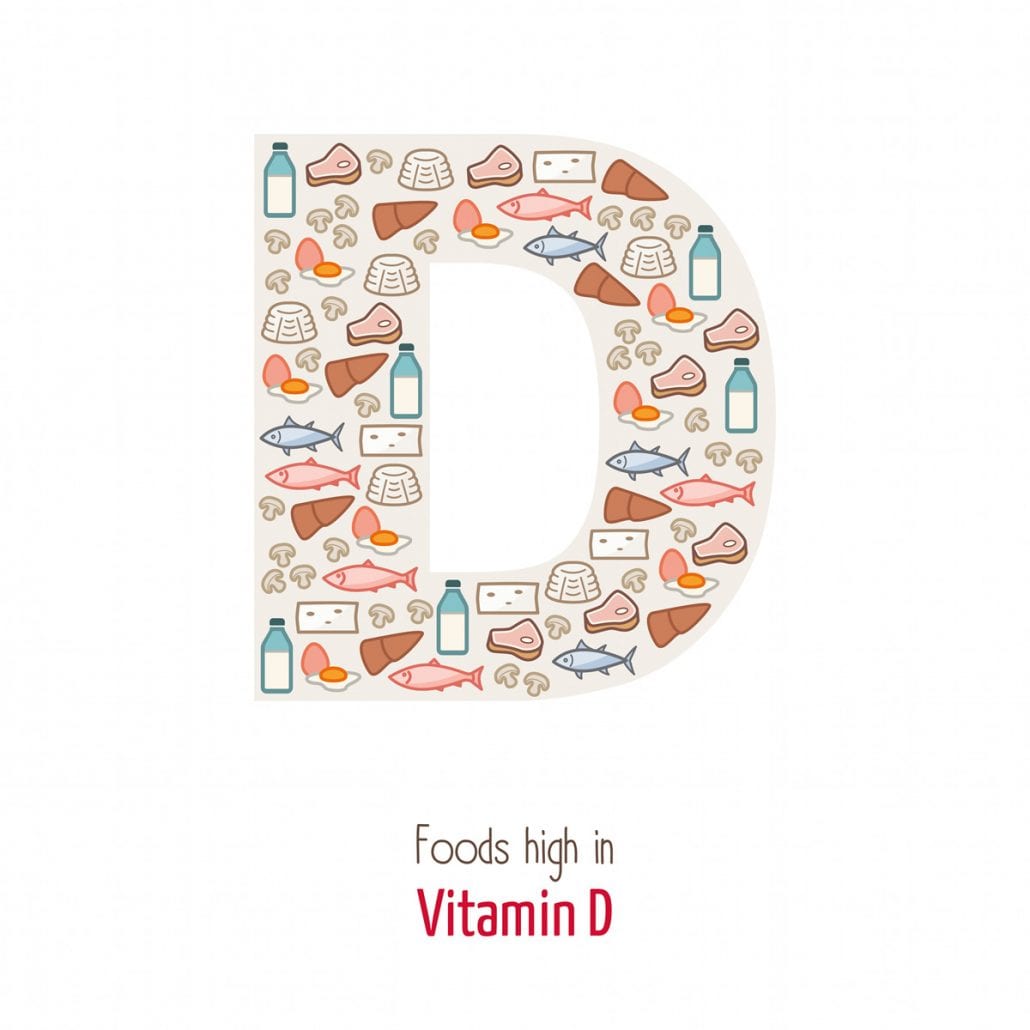Celebrating Mental Wellness Month

As we come into the New Year, let us begin this year with new hopes, beginnings, innovations, and achievements. Starting with the most potent muscle, let’s get a tune-up on our mental state. Let’s face it, 2020 has been a challenging year, and a reset is needed.
January is the month where we at South Sound Behavioral Hospital want to promote mental wellness. Mental wellness is an all-encompassing realm of healthiness. A balance of social, emotional, spiritual, and physical wellbeing.
Mental wellness touches all segments that makeup living. It appears when we have to establish how we act, feel, and think to process situations. Eventually, it then triggers our reaction based on stress levels, relationship connection, and decision making.
To refresh our state of mind and enhance our mental wellbeing, take a few moments every day to announce your appreciation for the things or people you feel elevate you. Stay positive and motivated.
Here’s to a happy and healthy 2021!


